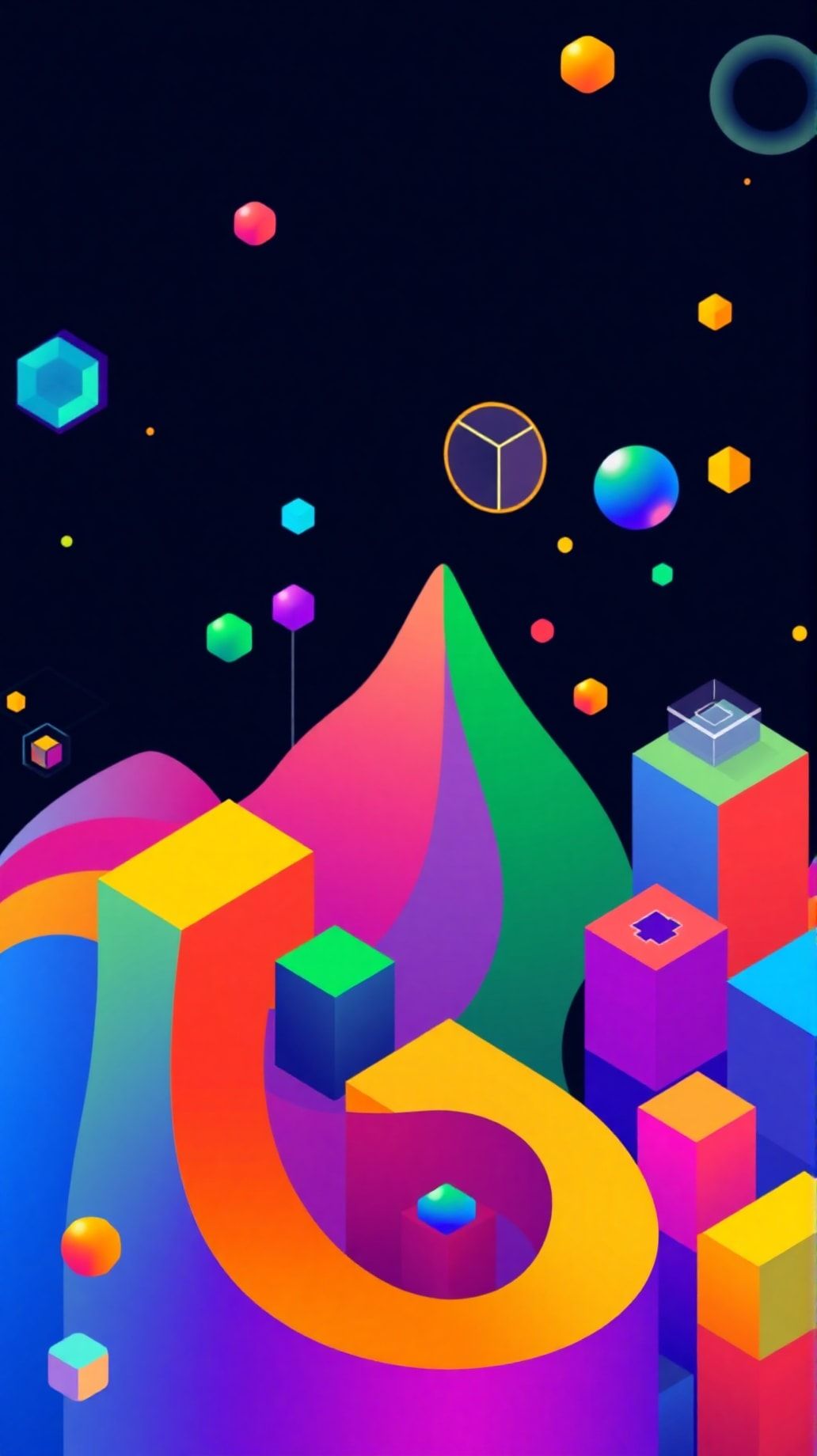Bengaluru Startup To Write History As Indias First Private Space Agency Launches Nano-Satellite From Brazil By End
Bengaluru-based Grahaa Space is set to make history by launching its first nano-satellite, Solaras …
23. December 2024

Google Unveils Revolutionary AI Coding Assistant ‘Jules,’ Redefining Software Development Forever
Google has unveiled “Jules,” an artificial intelligence coding assistant built on its newly announced Gemini 2.0 platform, integrating directly with GitHub’s workflow system to analyze complex codebases, implement fixes across multiple files, and prepare detailed pull requests without constant human supervision.
The strategic release of Jules comes as the software development industry grapples with a persistent talent shortage and mounting technical debt. Market research firm Gartner estimates that by 2028, AI-assisted coding will be involved in 75% of new application development, making tools like Jules an indispensable asset for developers.
Jules operates as an autonomous agent within GitHub’s ecosystem, analyzing codebases, creating comprehensive repair plans, and executing fixes across multiple files simultaneously. Its seamless integration with existing developer workflows ensures a smooth and efficient coding experience.
Google’s Director of Product Management, Jaclyn Konzelmann, emphasized the system’s safety features during a press conference. “Developers are in control along the way,” she explained. “Jules presents a suggested plan before taking action, and users can monitor its progress writing code.” The system requires explicit approval before merging any changes, maintaining human oversight of the development process.
Jules represents more than just a coding assistant; it’s part of Google’s broader vision for AI agents that can operate autonomously while remaining under human supervision. Powered by Gemini 2.0, Google’s latest large language model, which brings significant improvements in code understanding and generation, Jules is poised to transform the way developers approach software development.
The implications of Jules are far-reaching, with potential benefits extending beyond cost savings and accelerated development cycles. By automating routine bug fixes and maintenance tasks, Jules could significantly reduce costs while improving overall code quality and security. According to McKinsey, software development projects typically run significant risks of cost overruns, with large IT projects running 45% over budget and delivering 56% less value than predicted.
The financial implications of Jules are substantial, with estimates suggesting that the developer tools market will reach $937 billion by 2027. With its integration with GitHub’s workflow system, Google is positioning itself competitively against Microsoft’s GitHub Copilot and Amazon’s CodeWhisperer.
As Jules embarks on its journey, it will initially be available to a select group of trusted testers, with broader access planned for early 2025. The true test of Jules will be its ability to handle increasingly complex programming challenges while maintaining code quality and security. One senior developer at a major tech firm noted, “The promise isn’t just about fixing bugs faster—it’s about fundamentally changing how we approach software development.”
In an industry where the cost of poor code quality reaches $2.84 trillion annually, according to CISQ, Jules might represent more than just another tool in the developer’s arsenal. It could mark the beginning of a new era when AI and human developers work in genuine partnership, potentially reshaping the future of software development itself.